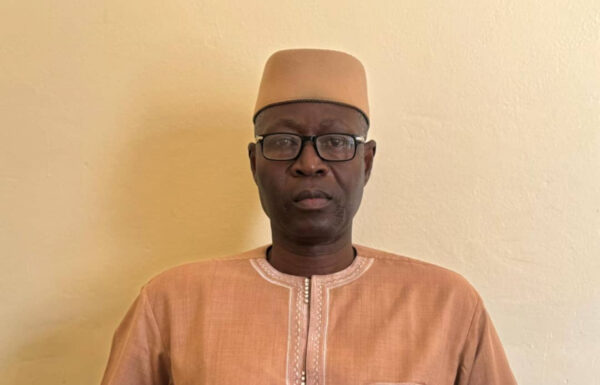By Pr Amath NDIAYE – Economist, FASEG-UCAD
As Senegal’s public finances face increasing pressures, the question of an orderly debt restructuring becomes unavoidable. With an estimated debt-to-GDP ratio ranging between 118% and 132%, and a gross financing need of 5,715.5 billion CFA francs in 2025, the country is at a decisive turning point: continue borrowing at prohibitive conditions or restructure its debt to restore confidence.
A vicious cycle of refinancing
Senegal is stuck in a logic of permanent refinancing. Each new loan taken out to meet previous obligations increases the debt stock due to the additional interests it generates. Debt servicing then becomes a recurring burden that deprives the State of budgetary margins for investment.
In 2025, interests represent nearly 16% of tax revenues, which means one out of every six francs collected by the Treasury. This situation is even more concerning as the nominal GDP growth, expected at 7% in 2026, remains lower than the average cost of debt (between 7% and 8% on the regional market), indicating that debt is growing faster than the wealth produced.
Saturated markets and prohibitive rates
The UMOA-Titres market, the main internal source of financing, is now showing its limits. Senegalese banks, already heavily exposed, are reaching their regulatory thresholds. At the same time, international markets are applying rates higher than 10%, an unsustainable level for an emerging country.
Out of the 5,715 billion CFA francs in financing needs projected for 2025, less than 3,000 billion CFA francs have been raised so far, in November. The financing deficit is widening, raising the risk of partial default or payment delays if strong decisions are not made by the end of the year.
Why debt restructuring is necessary
A preventive and concerted restructuring would offer a more sustainable solution than the status quo. It would allow:
- to extend maturities and lighten immediate servicing. In 2023-2024, Ghana rescheduled its domestic and external debt under IMF supervision, while Côte d’Ivoire had already carried out debt relief in collaboration with the Paris Club in 2011. On that occasion, creditors agreed to reschedule repayments over ten years and defer due interests, following the approval of a three-year IMF program under the Extended Credit Facility. This gradual approach allowed Côte d’Ivoire to quickly regain market confidence and boost growth.
- to restore financial credibility. An agreement backed by the IMF would send a strong signal to technical and financial partners. It would facilitate the return of concessional financing and pave the way for new foreign direct investments (FDI), essential for the success of the 2025-2029 National Development Strategy (SND).
- to protect the national banking system. Like Ghana, Senegal could exclude domestic debt from the operation to preserve financial sector stability.
Contrasting examples: Ghana vs Zambia
The Ghanaian experience shows that an early and negotiated restructuring can provide budgetary relief without compromising the State’s credibility. Pressed in 2022, Accra rescheduled 5.4 billion USD of debt, brought servicing to a sustainable level, and revived growth in 2024.
In contrast, Zambia illustrates the dangers of a late restructuring. As the first African country to default during the pandemic (November 2020), it took nearly four years to reach a comprehensive agreement, due to divergences among creditors (China, Paris Club, eurobond holders) and a lack of transparency on public enterprises’ debt. The result: loss of market access, currency depreciation, and long-term erosion of confidence.
Senegal must avoid the “Zambia effect” by acting before default, in a controlled, transparent, and coordinated framework with its creditors.
Anticipating limitations
Certainly, restructuring is not without risks: lengthy negotiations, temporary negative market reactions, partial capital access freeze. However, these costs are lower than those of an uncontrolled liquidity crisis. Recent African countries’ experience shows that the key to success lies in three conditions: speed of action, transparency of figures, and consistency with an IMF program.
Avoiding rupture, restoring confidence
In 2025, Senegal must confront an unprecedented debt wall, in a context of slowing growth and exhausted budget margins. Continuing to borrow at prohibitive rates would only prolong an untenable situation. A well-negotiated restructuring, supported by the IMF, would instead allow debt reprofiling, revive public investment, and restore market confidence.
Refusing to consider this would risk an uncontrolled default, with far heavier economic and social costs than a managed restructuring. It is no longer a time for delay, but for clarity: restructure today for better growth tomorrow.


